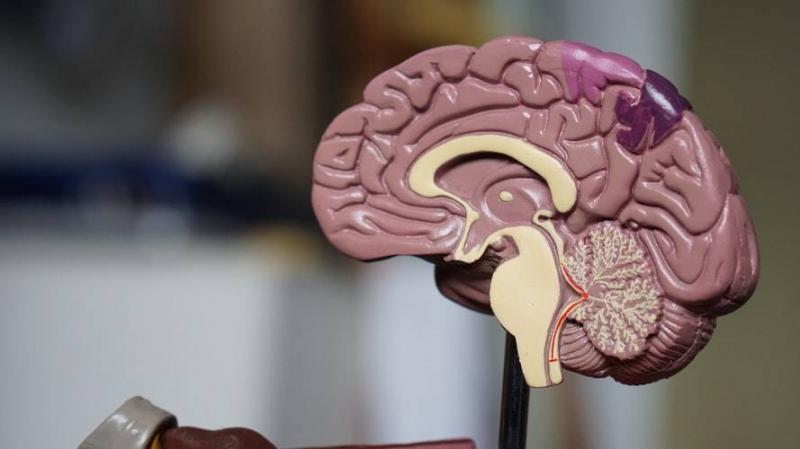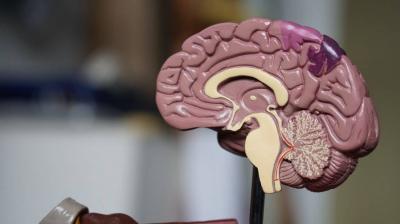A recent medical study revealed that low levels of "Vitamin D" increase the risk of stroke, according to Johns Hopkins University in the United States. Researchers found that this organic compound is essential for the functioning of many major systems in the human body, from immunity to bone metabolism. "Vitamin D" is also linked to cardiovascular health, where deficiency doubles the risk of acute disruption in blood supply to the brain, according to the British newspaper "Daily Express." This component is produced in the skin under the influence of ultraviolet rays, which is why deficiency is observed in the United Kingdom and similar countries that receive little sunlight. Doctors stated that during the winter months, individuals can obtain this beneficial substance by consuming fatty fish, eggs, beef liver, and milk.
A previous study concluded that "Vitamin D" deficiency is an independent risk factor for heart failure, at least partly by stimulating insulin resistance in heart muscle, according to Sky News. Researchers noted that "Vitamin D" deficiency is a contributing factor to the increased risk of heart attacks, congestive heart failure, arterial diseases, strokes, and conditions associated with cardiovascular diseases, such as hypertension and diabetes. Researchers confirmed that "Vitamin D" acts as a hormone regulating over 200 genes throughout the body. The British National Health Service recommends that individuals who do not get much sun exposure should take 10 micrograms of "Vitamin D" daily throughout the year.




